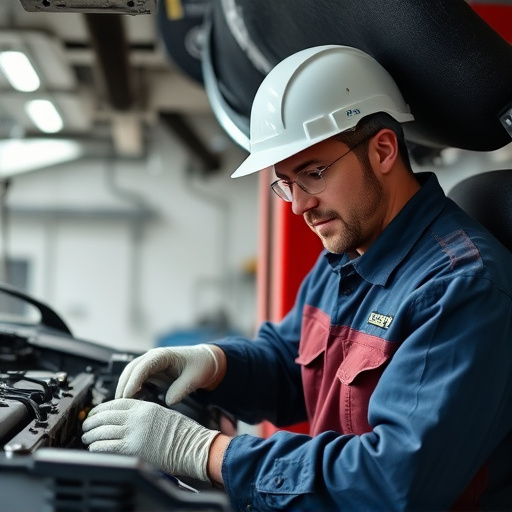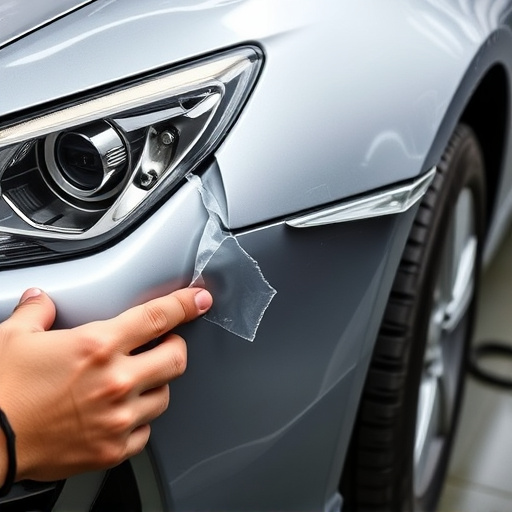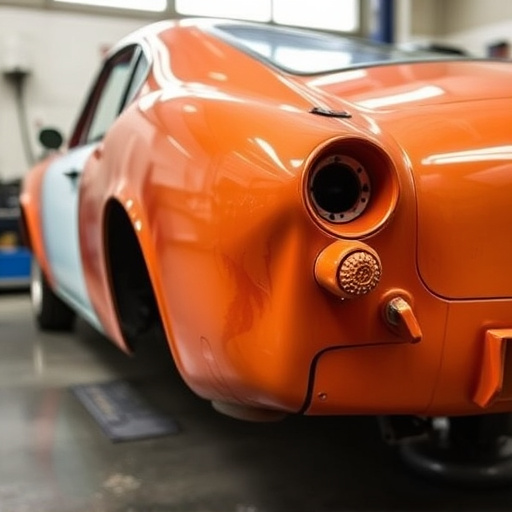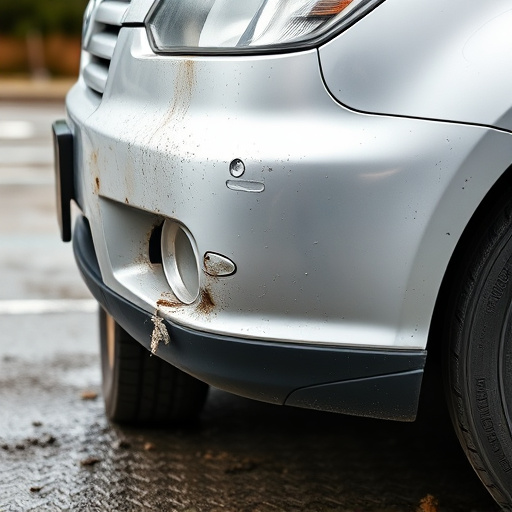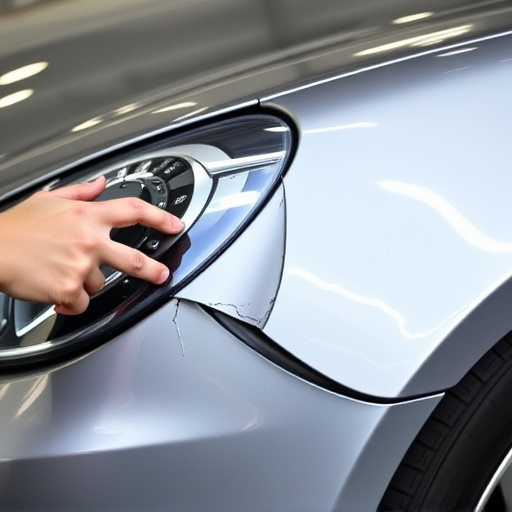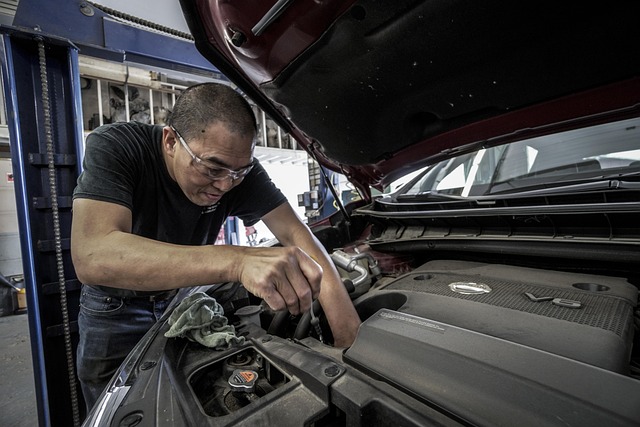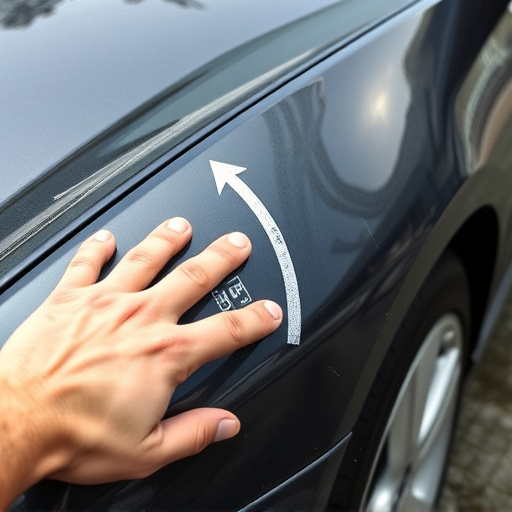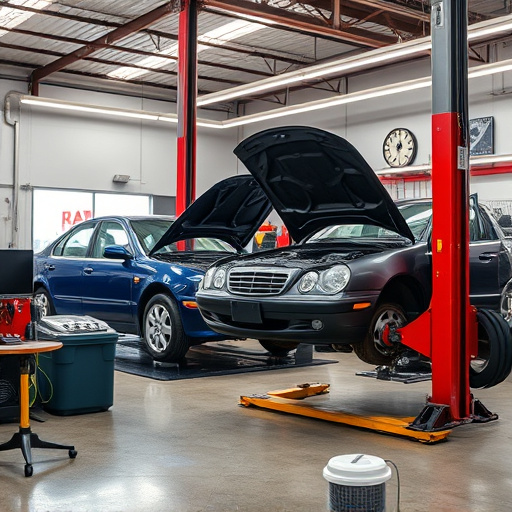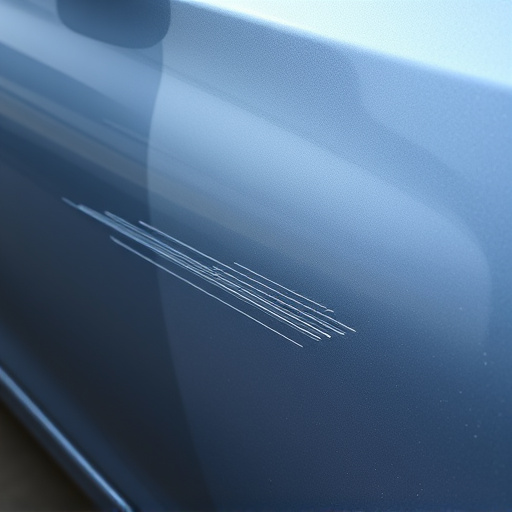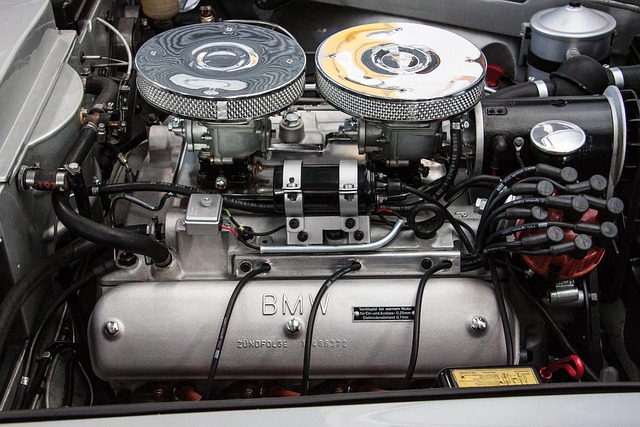Recycled parts collision repair minimizes environmental impact by reducing resource consumption and greenhouse gas emissions compared to new components. It promotes a circular economy, conserves energy, extends vehicle lifespans, and aligns with global sustainability efforts. This eco-friendly approach is gaining traction in the industry as green standards evolve, offering customers an environmentally conscious option for car dent repair and tire services.
“The automotive industry is undergoing a green transformation, and recycled parts collision repair is at the forefront of this movement. This innovative approach not only reduces the environmental footprint of car repairs but also aligns with global sustainability standards. In this article, we explore how using recycled parts in collision repair minimizes waste, conserves resources, and promotes a more eco-conscious future. Discover the benefits and best practices that make recycled collision repair a sustainable game-changer.”
- Reducing Environmental Impact Through Recycled Parts
- Sustainable Practices in Collision Repair Industry
- Benefits of Using Recycled Collison Repair Components
Reducing Environmental Impact Through Recycled Parts

The use of recycled parts in collision repair plays a pivotal role in minimizing the environmental impact of vehicle damage. By utilizing salvaged components, auto body shops can significantly reduce their carbon footprint. This eco-friendly approach aligns with the global push for sustainability, as it lessens the demand for new materials and resources. For instance, recycled metal panels and plastic parts not only decrease waste but also conserve energy that would otherwise be spent on manufacturing new materials from raw ores or petroleum.
In the realm of automotive restoration and car collision repair, adopting recycled parts offers a viable solution to traditional practices. It encourages a circular economy where damaged cars can be meticulously repaired using pre-consumer materials. Moreover, this method extends the lifespan of vehicles, deferring the need for new manufacturing processes and reducing overall pollution levels associated with the automotive industry. Thus, when customers opt for recycled parts collision repair services, they actively contribute to preserving our planet while also ensuring their vehicles are restored to pre-accident condition through high-quality car paint services.
Sustainable Practices in Collision Repair Industry

The collision repair industry is undergoing a significant transformation as green standards and sustainable practices gain prominence. Traditional automotive body shops are now incorporating eco-friendly initiatives, primarily focusing on recycled parts collision repair, to reduce their environmental impact. This shift towards sustainability is not just a trend but a necessary step to minimize the ecological footprint of an industry that has long been associated with resource-intensive operations.
By utilizing recycled parts in collision repair, automotive body shops can offer more environmentally conscious services. These practices involve repurposing and recycling materials from damaged vehicles, reducing the demand for new raw resources. This approach not only conserves natural resources but also minimizes waste, which is a critical aspect of sustainable car body repair. Moreover, it contributes to a circular economy by extending the lifespan of automotive components, thereby lowering energy consumption and emissions associated with manufacturing new parts.
Benefits of Using Recycled Collison Repair Components

Using recycled parts for collision repair offers a multitude of benefits aligned with green standards. By employing these components, auto body shops and technicians significantly reduce their environmental footprint. Recycled materials require fewer natural resources to produce compared to new ones, thereby lowering energy consumption and greenhouse gas emissions. This eco-friendly approach also diminishes the demand for raw materials, contributing to conservation efforts.
Moreover, recycled parts collision repair promotes a circular economy model where waste is minimized and resources are reused. It fosters sustainability in the automotive industry, reducing the need for extensive manufacturing processes that can be energy-intensive and harmful to the environment. This not only helps in car dent repair and tire services but also ensures efficient and environmentally conscious automotive repair practices overall.
Recycled parts collision repair is not just a trend, but a necessary step towards a greener future for the automotive industry. By embracing sustainable practices and utilizing recycled collision repair components, shops can significantly reduce their environmental impact while benefiting from cost savings and enhanced efficiency. This eco-friendly approach aligns with global green standards, ensuring a more sustainable and responsible path forward for both businesses and consumers alike.

